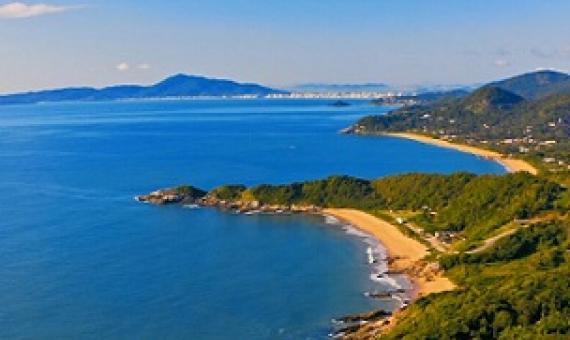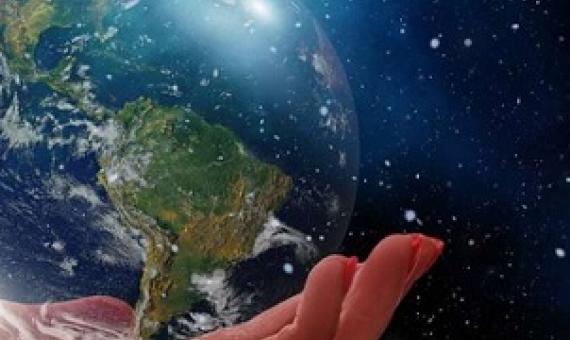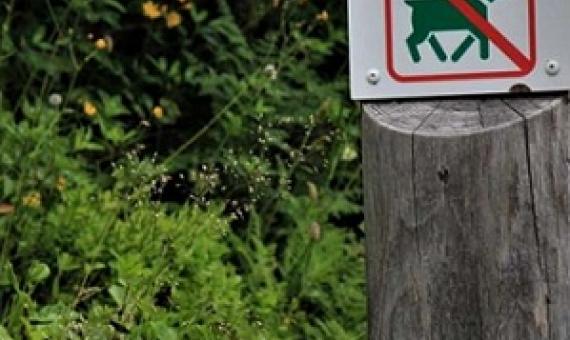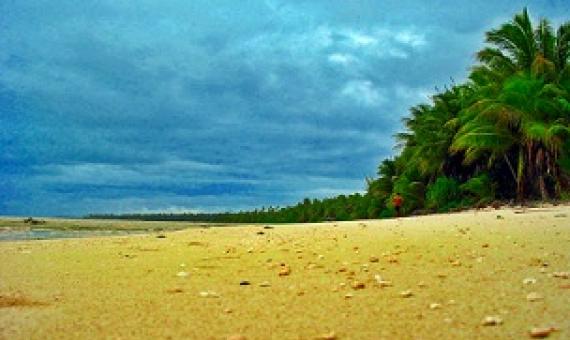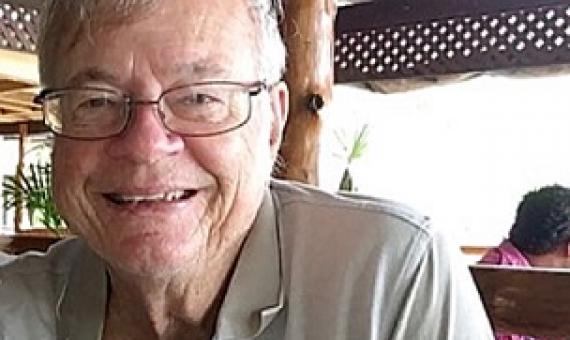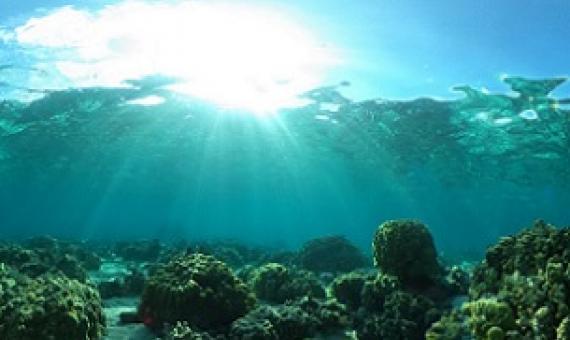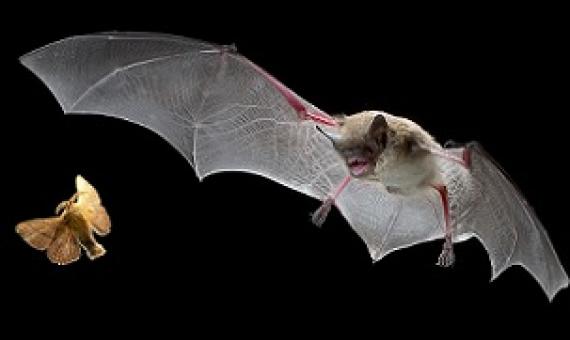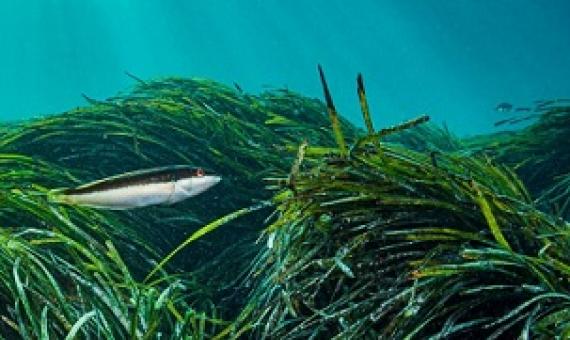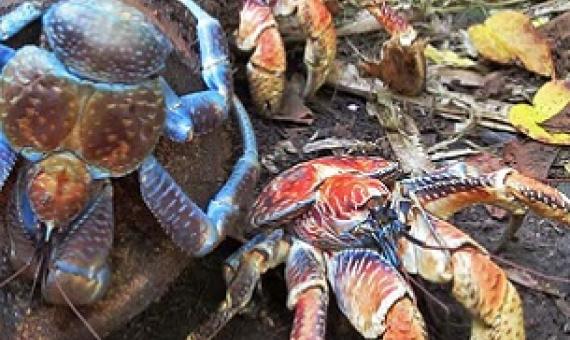New research has revealed that only 15 percent of coastal areas around the world remain intact, exposing the need for urgent coastal rehabilitation and conservation on a global scale.
A new report released today in the Proceedings of the National Academy of Sciences of the United States of America (PNAS) is a call to action for policymakers worldwide seeking to develop sustainable and equitable solutions to our most urgent global challenges.
New research finds that dogs being walked in nature reserves contribute a significant amount of nutrients to the environment through their feces and urine, which researchers warn could negatively impact local biodiversity.
Area-based conservation targets aimed at stopping and reversing global biodiversity loss are set to form an integral part of the post-2020 Global Biodiversity Framework discussions later this year.
The work of the late ethnobotanist Dr. Arthur Whistler who had spent years studying Samoan plant species will soon be published in "The Flora of Samoa" later this year. Dr.
Coral reefs are hotspots of biodiversity and are amazingly productive, with a vast number of organisms interacting simultaneously. Hundreds of molecules that are made by important members of the coral reef community were recently discovered by a team of scientists.
Bats use sound to hunt a dizzying array of prey. Some zero in on flowers to sip nectar, whereas others find cattle and suck their blood. Many nab insects midflight. One species of bat senses small fish beneath the water and snatches them as osprey do.
The meadows of luscious green seagrass that dot coastal regions around the world are gaining recognition as important marine habitats and carbon sinks, but there is still a lot we don’t know about how these marine plants live.
Despite being widespread across the Pacific and Indian oceans, coconut crabs are disappearing across their range, according to a new conservation assessment that warns they’re vulnerable to extinction.
Coral Triangle
Coral Triangle documents

